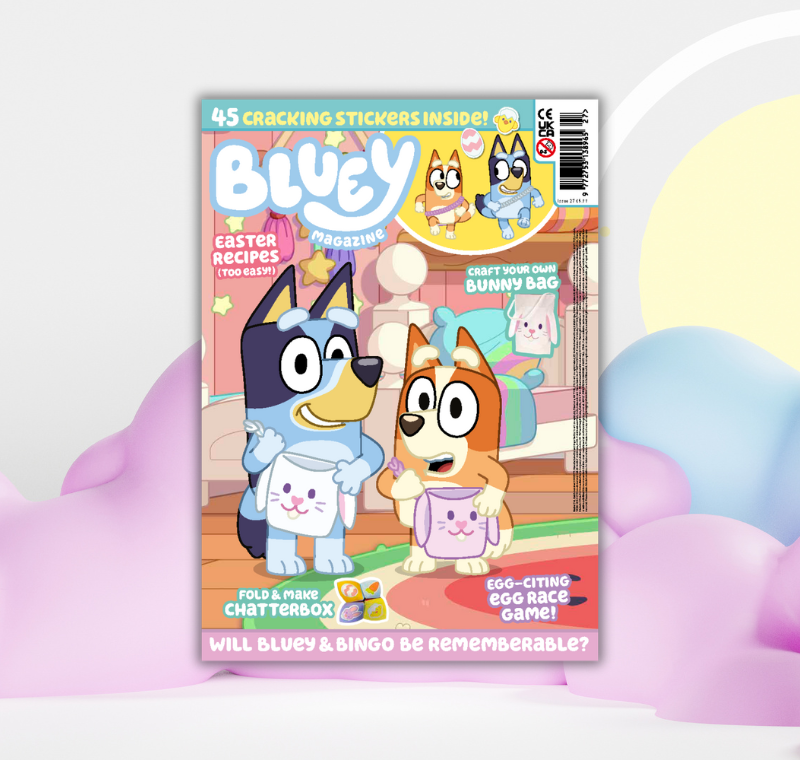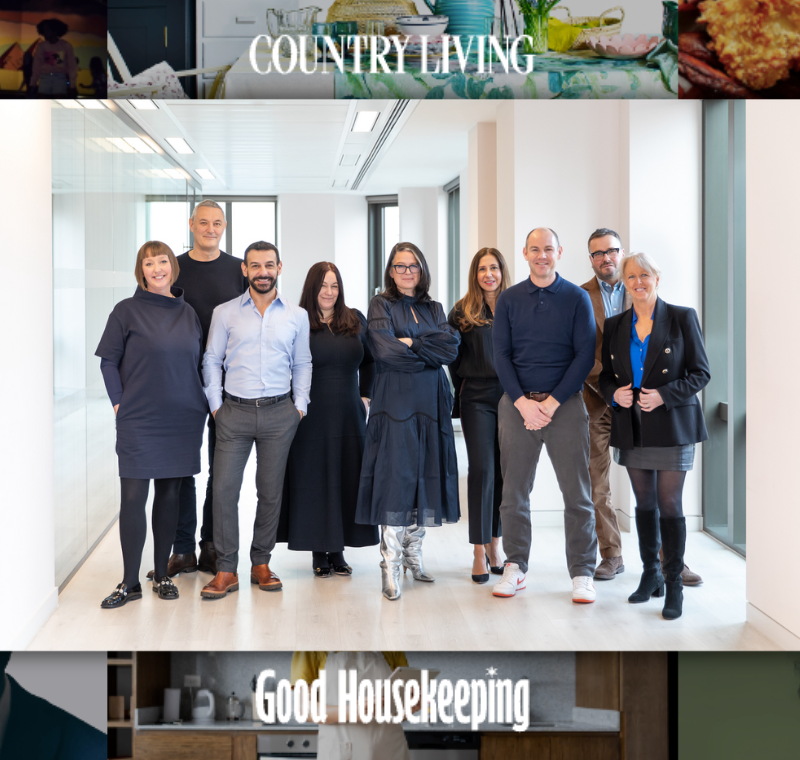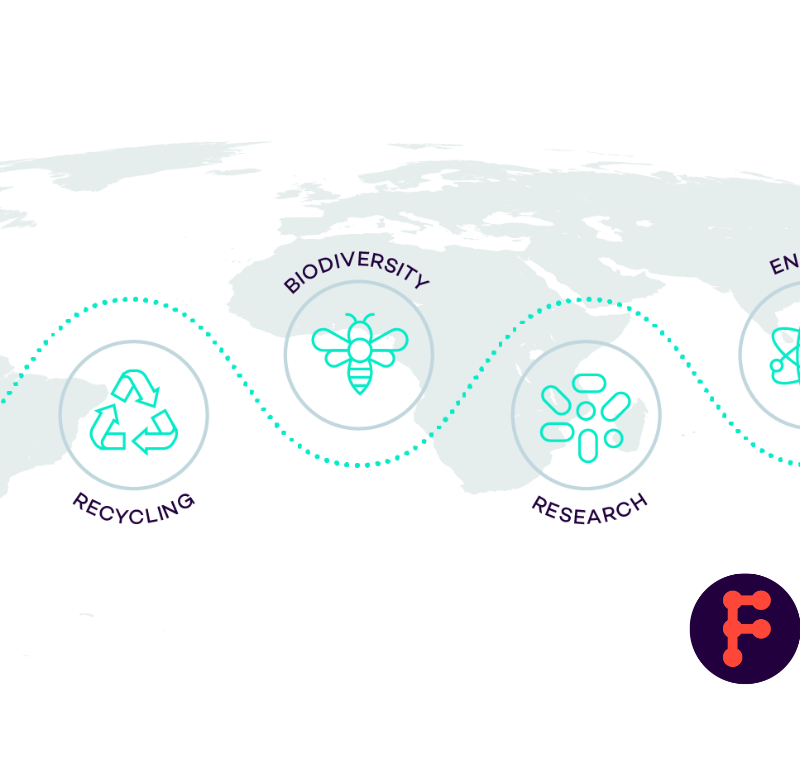Why news publishers should end Google’s free ride and adopt Spotify-style business model
The debate about fair remuneration for use of copyright material dates back to the dawn of the web, but it boiled over in 2011 when the Newspaper Licensing Agency (NLA) introduced new licences for online copying. Media research company Meltwater, backed by the Public Relations Consultants Association (PRCA), took the NLA through the British and European courts, a journey that only ended last summer with a ruling that media monitors and their clients should pay publishers when they use their content for commercial reasons.
But this doesn’t cover search engines that profit from the ads shown alongside news searches, such as Google, or those that aggregate data from online articles, like Signal. Industries such as search and analytics base their business model, in part or entirely, on online news content. While many of these organisations undoubtedly appreciate the free ride, I believe we have a moral duty to pay for the content on which our businesses depend.
Unfortunately, the present licensing regime makes it incredibly difficult, if not impossible for us to remunerate publishers. At present, the NLA licensing structure focuses on copies of copyright material, and it works well enough for this purpose. But where there is no copying involved – for example, when companies provide links to articles or analysis of aggregated news content – there is no way to make micropayments to publishers for the news stories that are being used.
It’s time that the NLA updated its licensing structure to enable news publishers to get a cut of the profits that other firms are making on their content. It would do well to look at the example provided by the software-as-a-service industry over the last decade, which has thrived because it has operated simple, upfront pricing, clear to end users. We want to pay publishers more every year, but the current system risks reducing, not growing, their revenue.
Other media do not have this problem. In fact, when you think about music or movie aggregation platforms, those industries have got their house in order by overhauling and embracing wider access and a new royalty regime.
When they committed their content to platforms like Spotify, music labels knew that they would get a small fee every time a track is played anywhere in the world. Media futurist Gerd Leonhard calls this “music like water” – on-tap content whose every click generates a payment for its originators. This caused licensing revenue from online sources to double between 2008 and 2012 in the UK alone, surpassing even money paid from radio income, according to PRS For Music. Arguably, it could save the whole industry.
More like this
Magzter on its all-you-can-read subscription model









